Lifes
16 FEB – 8 MAY 2022
Hammer Museum, Los Angels
Curated by Aram Moshayedi (Robert Soros Senior Curator, Hammer Museum)
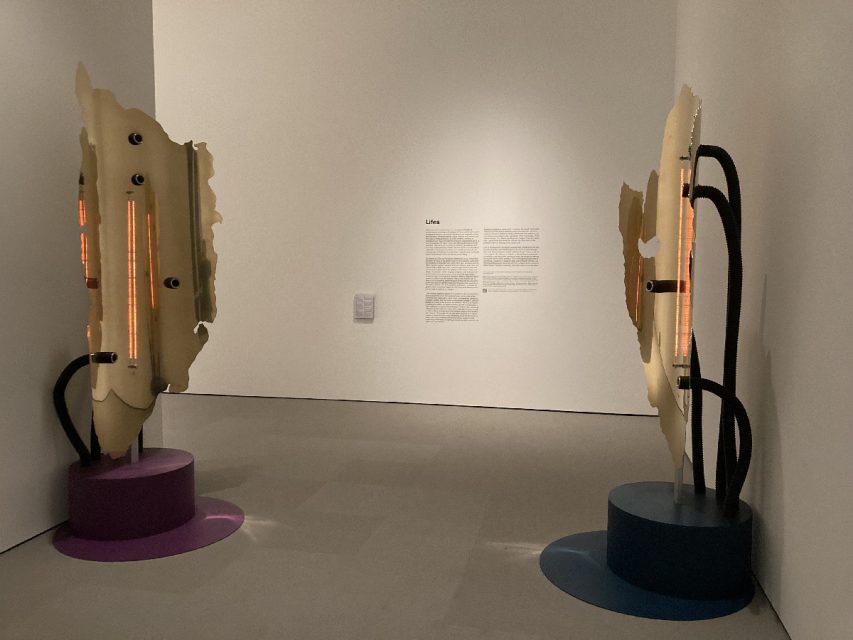

Lifes
16 FEB – 8 MAY 2022
Hammer Museum, Los Angels
Curated by Aram Moshayedi (Robert Soros Senior Curator, Hammer Museum)
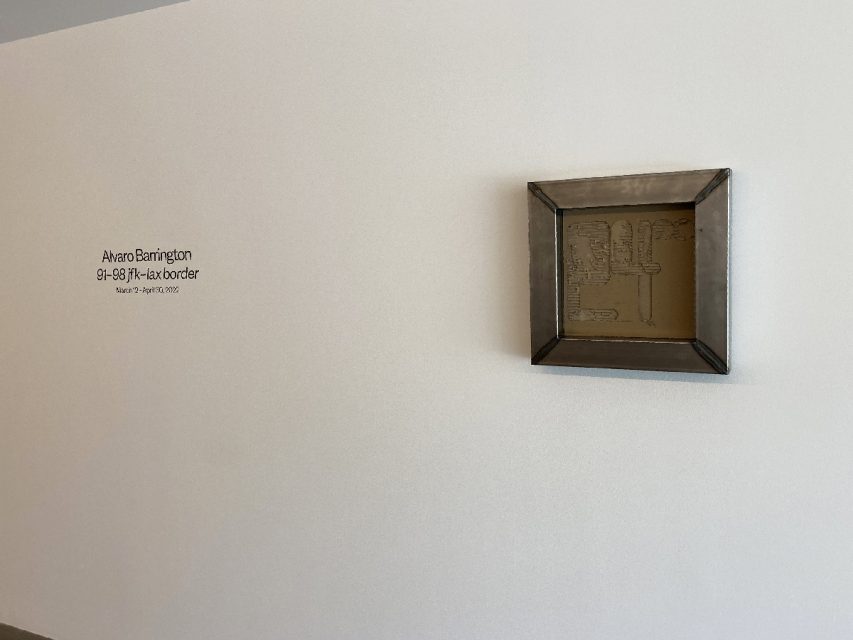
Alvaro Barrington: 91–98 jfk–lax border 12 MAR – 30 APR 2022 Blum & Poe, Los Angeles https://www.blumandpoe.com/ https://www.blumandpoe.com/exhibitions/91_98_jfk_lax_border Installation view “Alvaro Barrington: 91–98 jfk–lax border” Blum & Poe, Los Angeles, 2022 Installation view “Alvaro Barrington: 91–98 jfk–lax border” BlumView More >
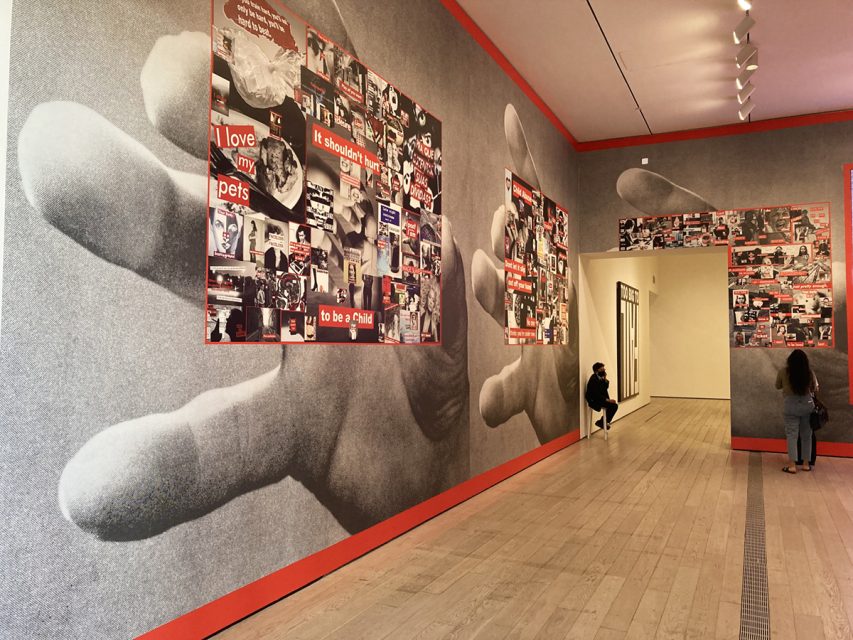
Barbara Kruger: Thinking of You. I Mean Me. I Mean You.
20 MAR – 17 JUN 2022
Los Angeles County Museum of Art
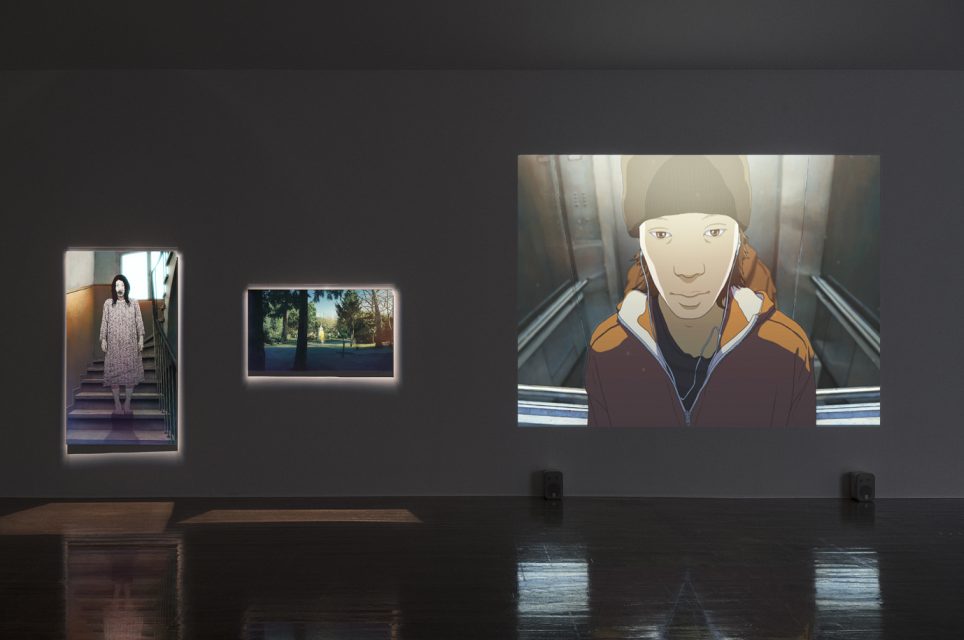
Matter-of-fact supernaturalism View of “Sato Masaharu: Trace – absence of presence/presence of absence” (2021) at the Contemporary Art Gallery, Art Tower Mito. Photo Naruki Oshima, courtesy Contemporary Art Gallery, Art Tower Mito. Viewing it again today, it isView More >
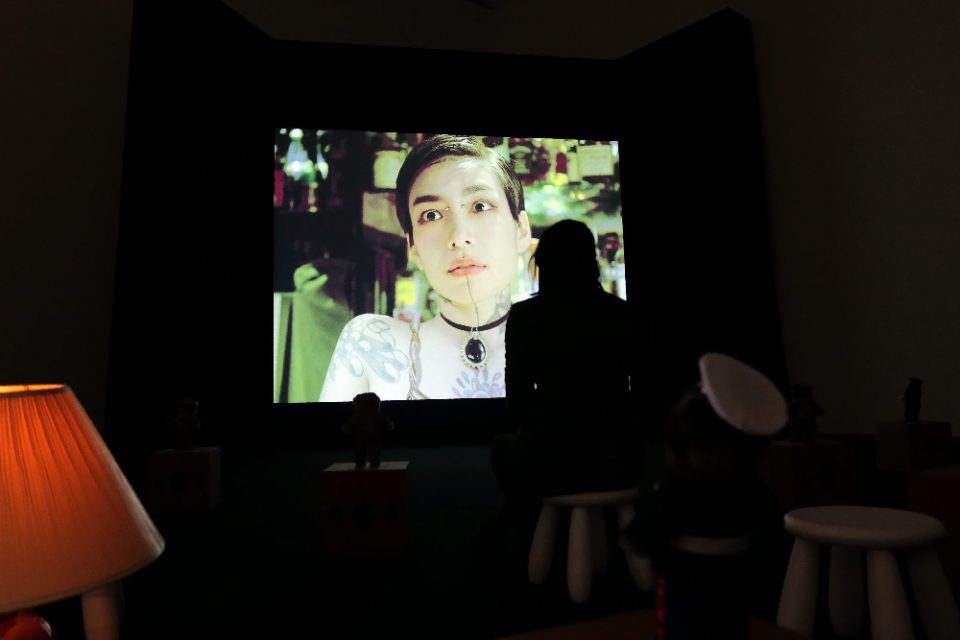
Tokyo Contemporary Art Award 2020-2022 Exhibition (Hikaru Fujii, Chikako Yamashiro)
19 MAR – 19 JUN 2022
Museum of Contemporary Art Tokyo
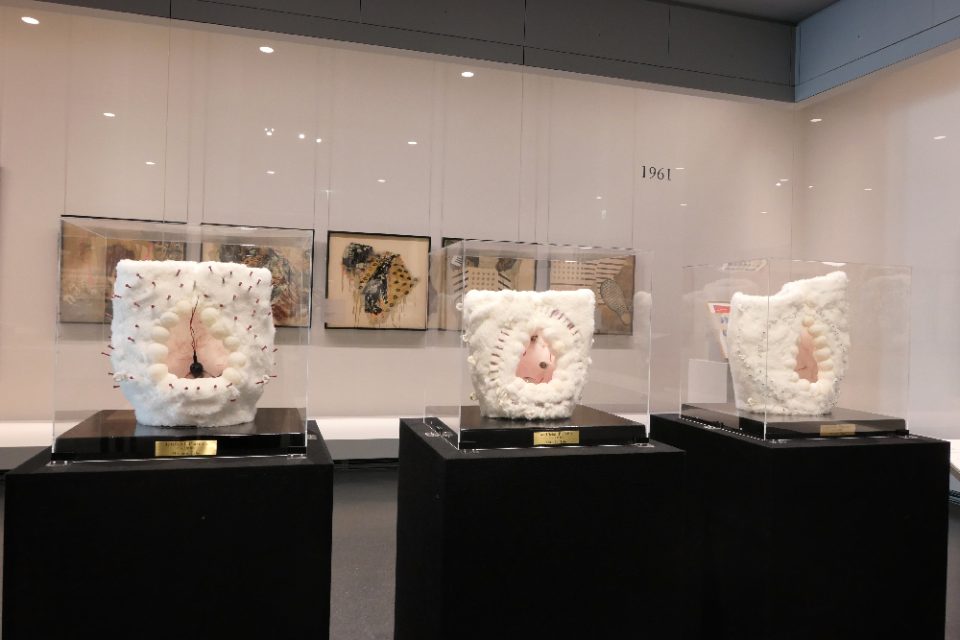
“I Can’t Give Up Hope” The Art of Tabe Mitsuko
5 JAN – 21 MAR 2022
Fukuoka Art Museum
Curator: Sachiko Shoji (Curator, Fukuoka Art Museum)
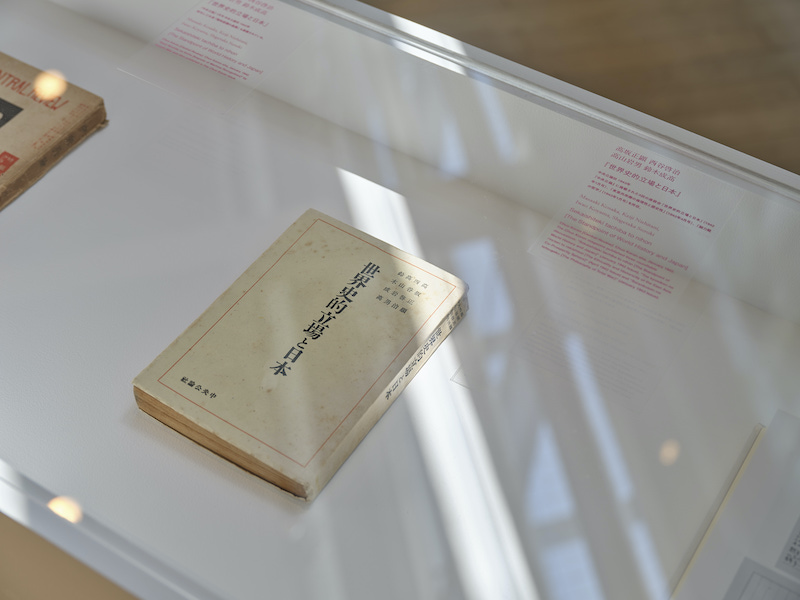
Text: Jung-Yeon Ma
Ho Tzu Nyen’s solo exhibition “Voice of Void” was presented at the Yamaguchi Center for Arts and Media [YCAM] from April 3 to July 4, 2021. At the beginning of the talk with the artist and the production team held at the opening of the exhibition, the question was posed: “Why the Kyoto School now?” …
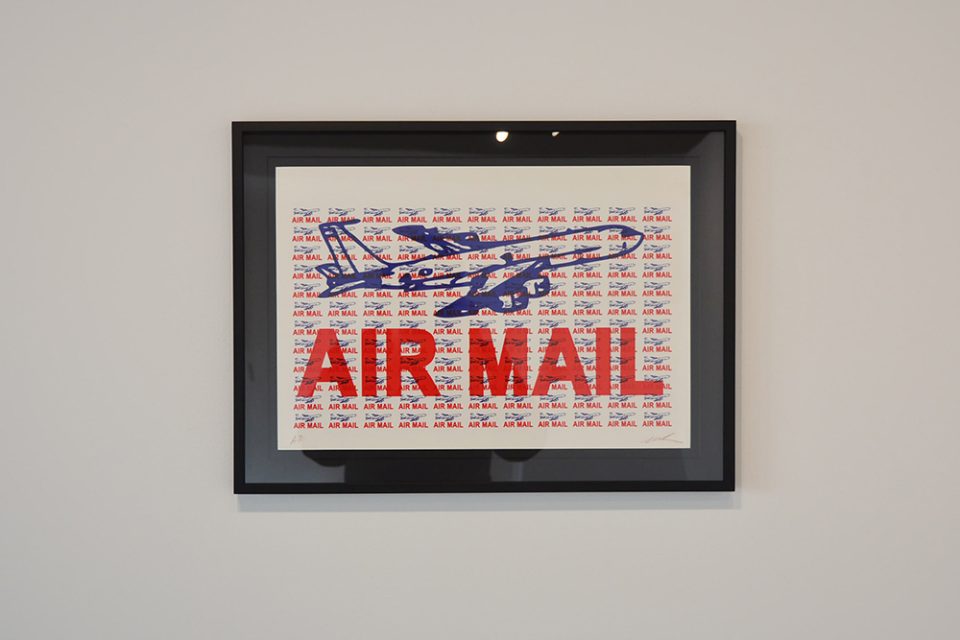
Udomsak Krisanamis, Takeo Hanazawa, Yuko Murata
15 JAN – 19 MAR 2022
GALLERY SIDE 2
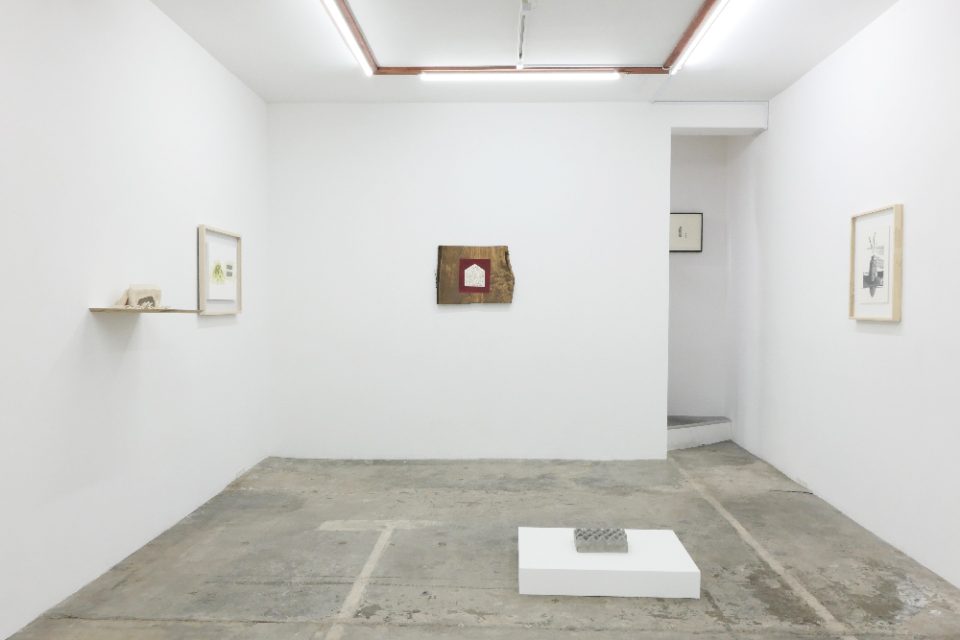
Yukino Miyata: Emotional Tail
12 FEB – 13 MAR 2022
LEESAYA
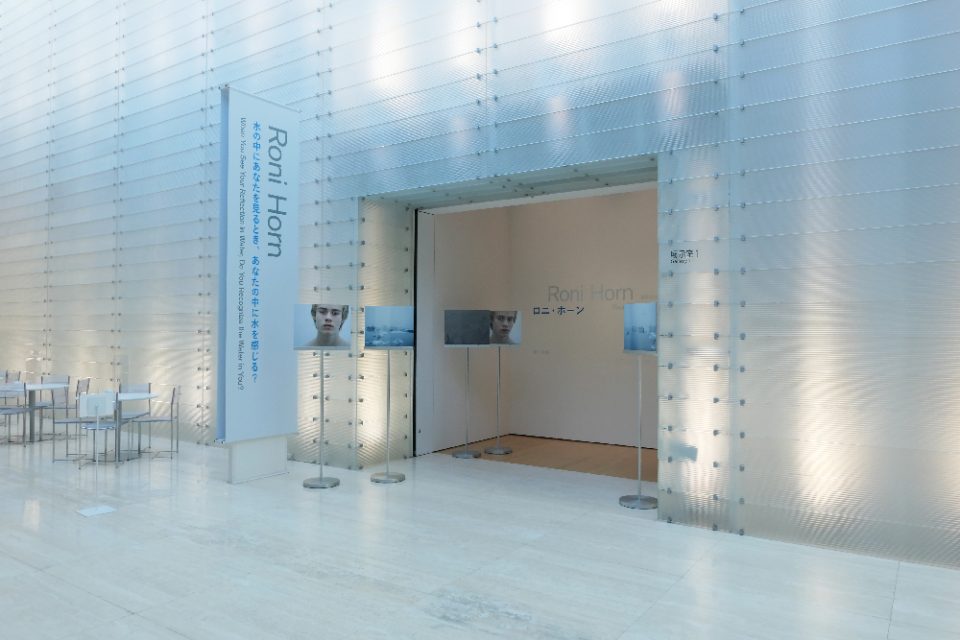
Roni Horn: When You See Your Reflection in Water, Do You Recognize the Water in You?
18 SEP 2021 – 30 MAR 2022
Pola Museum of Art, Kanagawa
Curator: Kota Suzuki (Curator, Pola Museum of Art), Yoh Shoji (Curator, Pola Museum of Art)
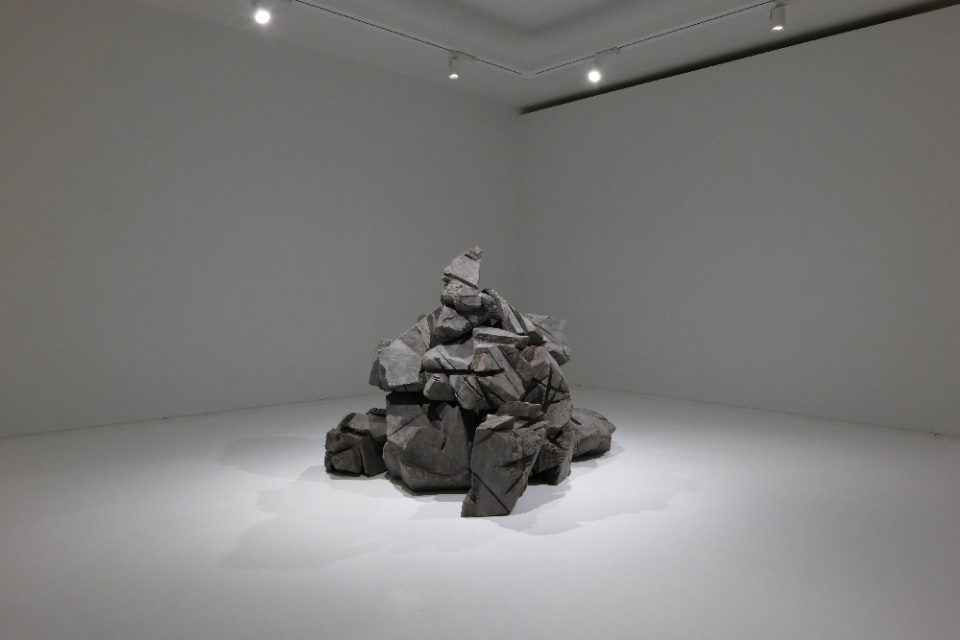
Shigeo Toya: Body of the Gaze: from Scatter to Linkage, from Linkage to Accumulation 8 JAN – 12 FEB 2022 ShugoArts, Tokyo https://shugoarts.com/en/ https://shugoarts.com/en/news-en/40196/ Shigeo Toya, Body of the Gaze – Accumulation (2021) Shigeo Toya, Body of the GazeView More >
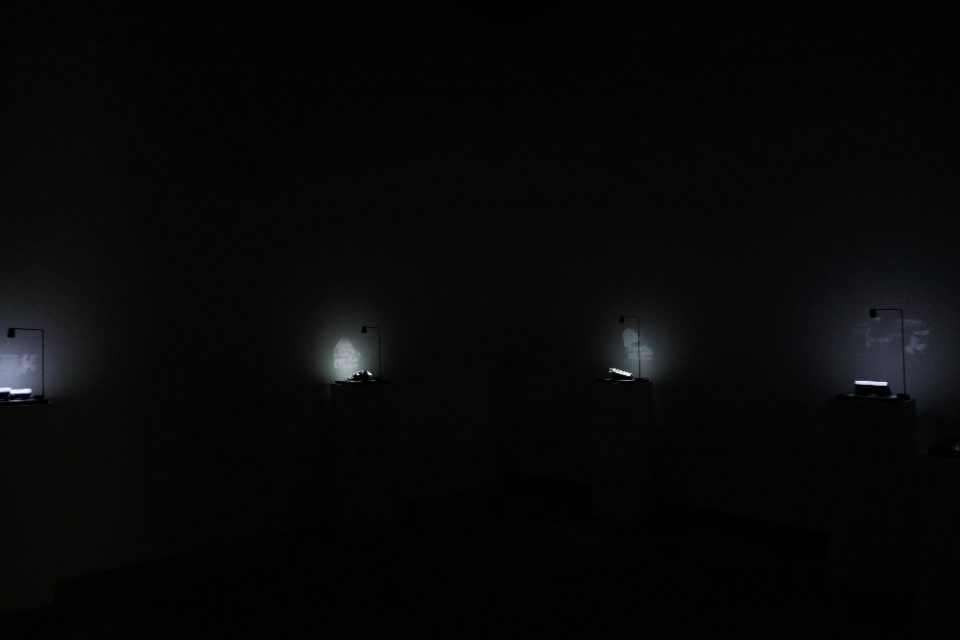
Yebisu International Festival for Art & Alternative Visions 2022: After the Spectacle
4 FEB – 20 FEB 2022
Tokyo Photographic Art Museum, etc., Tokyo
Director: Hiroko Tasaka (Curator, Tokyo Photographic Art Museum)